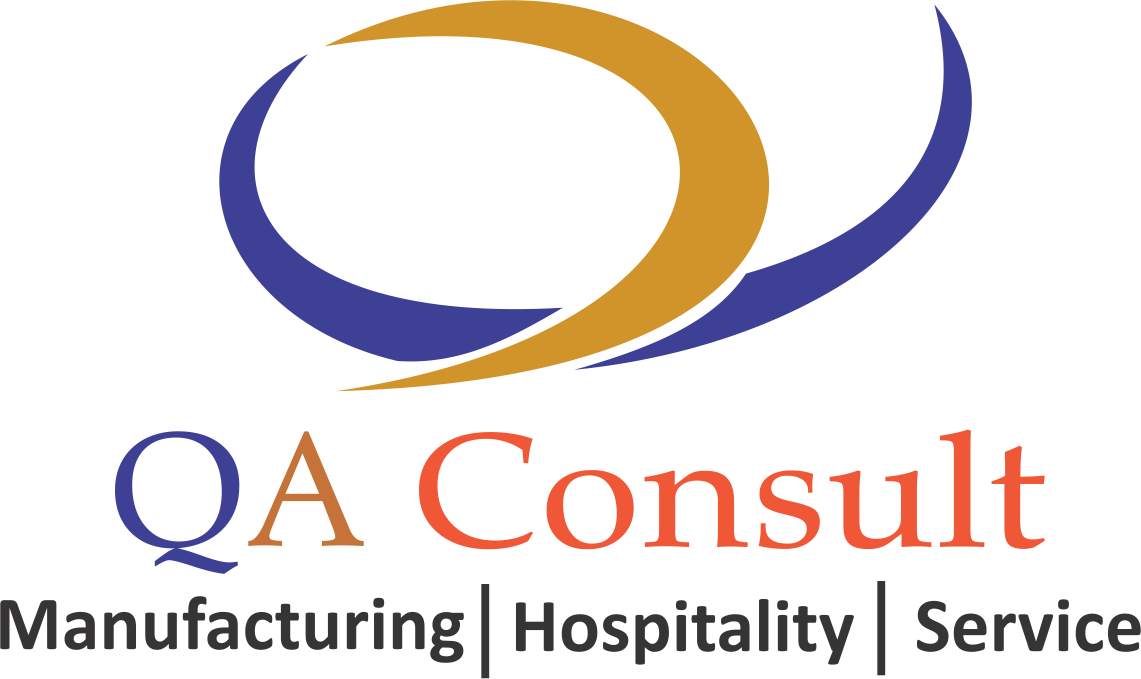Product Recall Can be Ugly
A public recall arises when defective products have been distributed widely and is perceived to have reached the homes of a large portion of the population. By classical definition a product recall is a request to return a product after the discovery of safety issues or product defects that might endanger the consumer or put the maker/seller at risk of legal action.
Product recalls would involve mechanisms that will alert the end user population about the defect and normally takes a wider announcement. The FDA would normally be actively involved in such situations.
In the case of silent recalls, defective products would have reached wholesalers and to some extent retailers and may not have reached consumers at all. The manufacturer may voluntarily ‘silently’ retrieve the products by contacting only the distributors of these products and would have to also inform the FDA.
When a business organization triggers a recall, it also becomes responsible for the entire cost of the process including replacement and in the case of non-food recalls, fixing the defective product. The total cost of fully retrieving defective products can run into millions of dollars.
Categories of Product recalls
Similarly, the case of failed brake pedals in the Toyota vehicle some years back that triggered a major recall of the affected cars could be termed a major incident. A serious incident is said to have occurred if a product has been released onto the market but has no adverse health effects on consumers, however it has serious quality defects that is easily noticeable by end users and or customers.
With regard to food, you may refer to severe leakages in products that may not be microbiologically sensitive. Serious incidents may severely damage the reputation of the brand and by extension the company.
The last of the categories is minor incident, which occurs to manufactured products which may have consumer safety or quality issues but have not yet been released onto the market and is still under the control of the manufacturer.
The first two categories of incidents will trigger a recall and whether it is silent or public will bring cost implications to the company in question.
Causes of Product recalls
Lack of attention to the source and transportation of input raw materials to manufacturing sites can also be cited as one of the key avenues through which defective products end up on the market. Businesses are always looking at ways of cutting cost in every area possible and would normally cut out supplier quality assurance activities in their procurement practices.
Many outsourced activities are done under poor manufacturing or packing conditions depending on which type of the process is outsourced. It is important to note, that irrespective of the fact that a process is outsourced the final product still carries the name of your brand.
Finally, the use of outmoded manufacturing methods could generate defective products. Manufacturing is dynamic and that can be said of technology too. Sustaining old technologies because of cost expediency could do a lot of damage to your manufacturing activity. It is time for owners of businesses to embrace modern technology and seek to fill the shelves of our supermarkets with products that are safe and of sound quality.
Financial implications of Product recalls
It’s been said earlier that; the cost of a recall is borne by the company in question but that is just the natural thing to do. There are cases where lawsuits from consumers and fines from regulatory authorities come up and these can be so huge that, it would only take equally huge companies to survive.
In our own backyard, the amount of non-traditional exports to the international market keep rising and that is good news, but imagine a product recall that takes international dimensions. Any company can be in deep financial distress if there’s supposed to be a mop up of products that are already on the shelves in several parts of the world.
According to Investopedia, Toyota’s stream of gas pedal recalls resulted in a $2 billion loss consisting of repair expenses and lost sales. In conjunction with the financial crisis, Toyota’s stock prices dropped more than 20 percent or $35 billion. Likewise, Keurig saw a 2.2 percent fall in stock prices in light of the 7.2 million coffee machine recall.
Brand reputation
Customer/Consumer rejection
This is not because consumers don’t want to make a purchase, but they are exposed to a wide range of brands to choose from. Hence the rejection of a product by a customer means there is not going to be a sale. The disturbing aspect is, customers tend to use the case of one product recall to make a case for a competitor brand.
Prevention
Businesses should spend time developing the medium to long term strategies, which may require that, in the short term, profits may not come through that quickly. However, there is everything to gain in the future when effort is put into making the end product so perfect, it will stand the test of time. Product recalls can be ugly and the only way to avoid it is the preventive approach outlined.
Johnson Opoku-Boateng is the CEO & Lead Consultant, QA CONSULT (Consultants and Trainers in Quality Assurance, Health & Safety, Environmental Management systems, Manufacturing Excellence and Food Safety). He is also a consumer safety advocate and helps businesses with regulatory affairs. He can be reached on +233209996002, email: johnson@qaconsultgh.com.
Related Services
The Hungry Potbelly – bringing nutrition to the fore as a nation!
The Hungry Potbelly – bringing nutrition to the fore as a nation! As part of the long-term vision set out in Agenda 2063, the Assembly of Heads of State and Government of the African Union has adopted common African aspirations, drawing on the potential of its...
Silent Consumer Carelines – A major setback for industries
Silent Consumer Carelines – A major setback for industriesMohammed bin Rashid Al Maktoum wrote in his book “My Vision” (Challenges in the Race for Excellence) that “Anyone visiting the city realizes from touchdown that Dubai is exclusive and different. Because Dubai’s...
Industry & Consumer Information with Johnson Opoku-Boateng: Rising from complacency
Industry & Consumer Information with Johnson Opoku-Boateng: Rising from complacencyThe Case of Successful Small Business“Expansion and modernisation of the nation’s productive plant is essential to accelerate economic growth and improve the international...
Get In Touch
HEAD OFFICE
Aviation Highway , East Airport ( Spintex)
Landmark: Endpoint Homeopathic clinic



